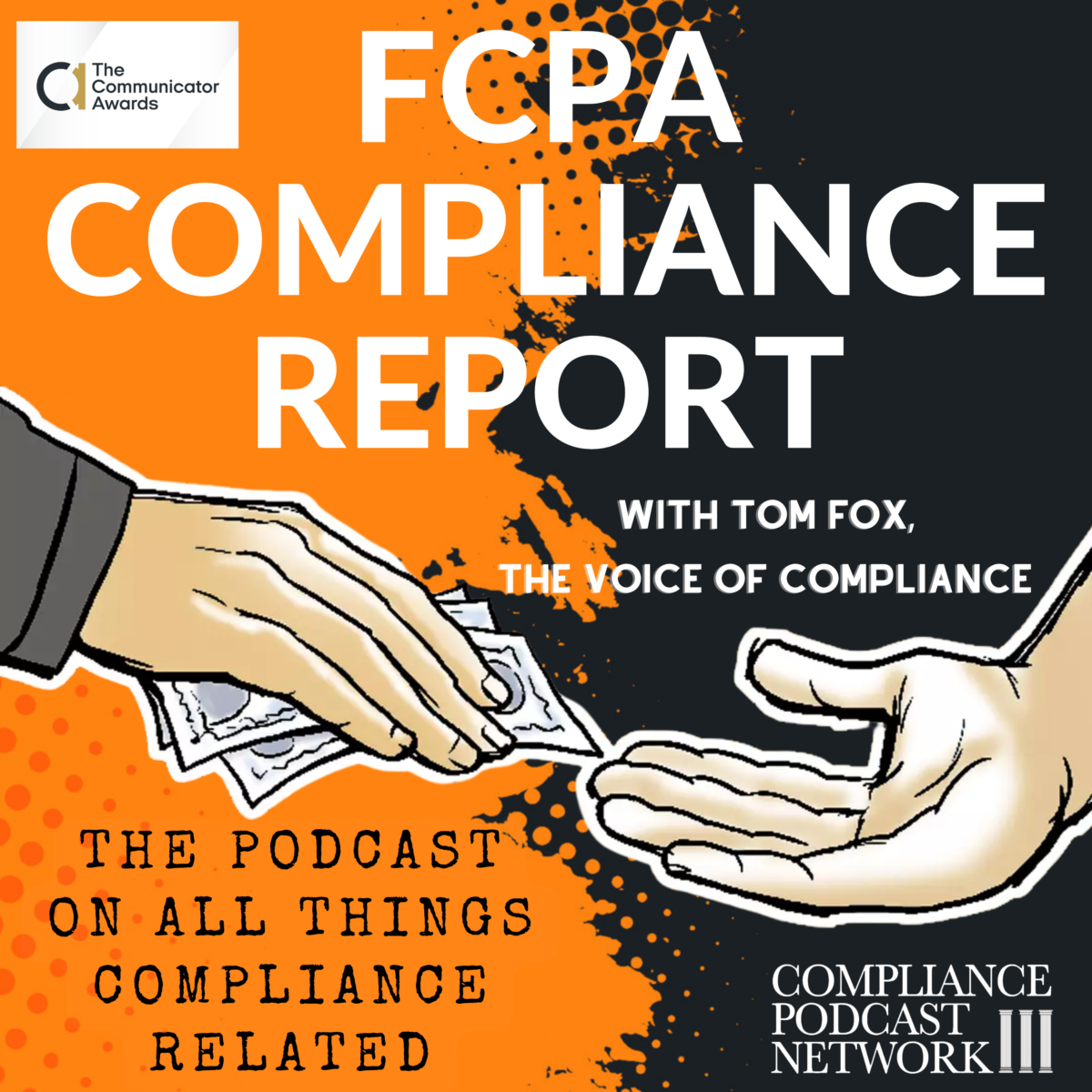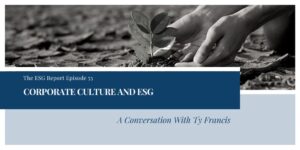Welcome to the award-winning FCPA Compliance Report, the longest running podcast in compliance.
In this special edition of the FCPA Compliance Report, welcome Sam Silverstein. They take a deep dive into how Boeing can begin to overhaul and reform their toxic culture, which led to the 2024 compliance and ethics failures. They discuss the power of the Culture Audit™, which is the sponsor of this podcast.
Sam Silverstein is a seasoned professional with over three decades of experience in corporate culture. Silverstein believes that a strong leadership role is crucial in driving culture change within an organization. His philosophy is that action follows belief, stressing that leaders must genuinely prioritize creating a culture of quality, compliance, and safety for it to truly thrive.
Silverstein maintains that the CEO’s primary role is to protect the organization’s culture, while the COO should ensure operations align with the board and CEO’s strategic plan. His experiences, particularly his insights drawn from Boeing’s situations, have shaped his belief that prioritizing culture over short-term profits, along with a culture audit and specific implementation plan, can help address systemic issues and foster a high-performance workplace culture.
Topics Covered in This Episode:
- Transition from Safety to Profit Culture at Boeing
- Measuring Organizational Culture through Employee Engagement
- Creating Accountable Leaders for Organizational Culture Transformation
- Cultivating Sustainable High-Performance Organizational Culture
- Cultivating Employee Trust Through Genuine Leadership Efforts
- Rewarding Ethical Behavior for Organizational Integrity
- Data-Driven Organizational Culture Enhancement Process
- Recognition and Amplification through Personalized Engagement
Resources:
Sam Silverstein
Sam Silverstein on LinkedIn
Tom Fox
For more information on the Ethico ROI Calculator and a free White Paper on the ROI of Compliance, click here.







